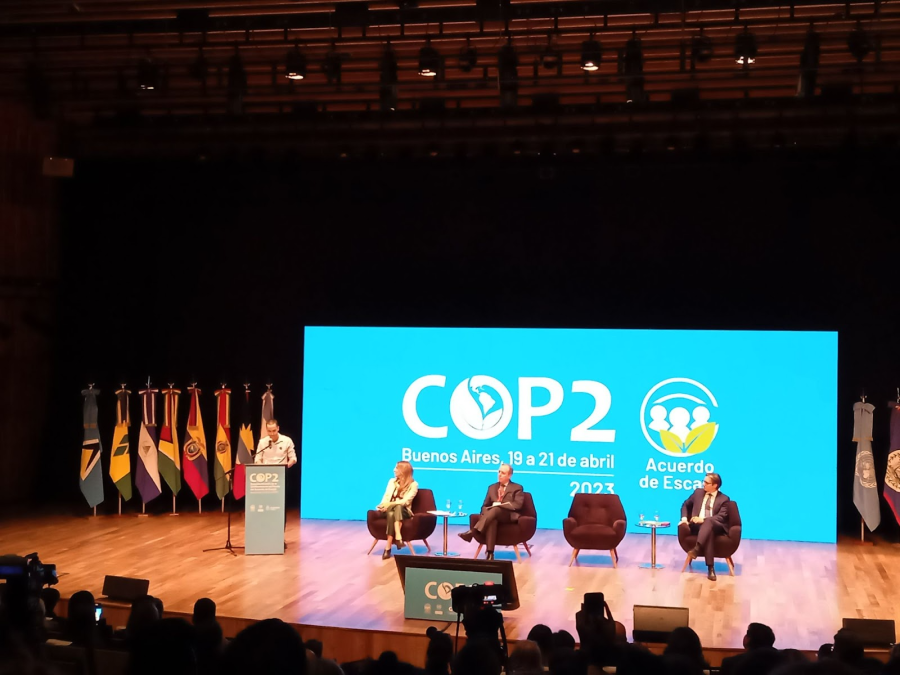David Maybury-Lewis has written a very timely book on an extremely important and much misunderstood topic: the nature and relations of ethnic groups and the disastrous political processes that are sometimes set into motion between such groups within larger policies. He writes candidly about past genocides in the Americas and elsewhere that have left their conflicted legacies of subordinate and marginalized indigenous peoples in many contemporary states, not only the US. He reviews the relations of ethnic groups within large multiethnic states, especially the former Soviet Union, China, Indonesia, and Spain, and tries to extract some lessons from their various policies of dominance and coexistence. He looks closely at two contemporary tragedies in genocide and ethnic cleansing in Rwanda and the former Yugoslavia. Finally, he clarifies concepts and issues regarding statehood, nationhood, and cultural coexistence.
Maybury-Lewis speaks with great authority on these issues. Besides a distinguished academic career as an anthropologist with long-term fieldwork among South American indigenous groups, he has been actively engaged in the practical work of defending cultural minorities all over the world, through Cultural Survival and by other means. His voice reaches us with soft-spoken clarity, though sometimes in such a politely balanced language that the inattentive reader may miss some of its edge. The widely held idea that inter-ethnic violence is somehow an expression of peoples' "primordial" identities and passions is soundly rebutted: in each case, he finds that such outbreaks have approximate and specific historical causes and are not, at least not initially, expressions of popular will or desire. Other simplistic and pernicious ideas are similarly undermined by the cumulative discussion of clearly analyzed materials. Although the background and context for ethnic conflicts are carefully laid out, the processes that precipitate the violence are less clearly delineated. Thus, his important statement in the Preface, where he refers to "the agendas of those leaders who incite their followers to enter into conflict with peoples of other ethnic groups," is not sufficiently developed in the case materials.
Maybury-Lewis is rather pessimistic (and, I fear, realistic) for the future, though he does try to extract some positive guidelines and remedies. Deeply troubling is the impression one gains from many current conflicts that perhaps some of the institutionalized mechanisms of democratic politics may exacerbate, rather than resolve conflict, by mobilizing broad ethnic constituencies in agonistic competition. For this reason, we need to heed and pursue further his warning from the Preface, cited above. This rich and thought-provoking text does us a great service in letting us hear Maybury-Lewis' reasonable voice on these often unreasonable and troubling issues. I recommend it strongly, and hope it will be very widely read.
Article copyright Cultural Survival, Inc.



